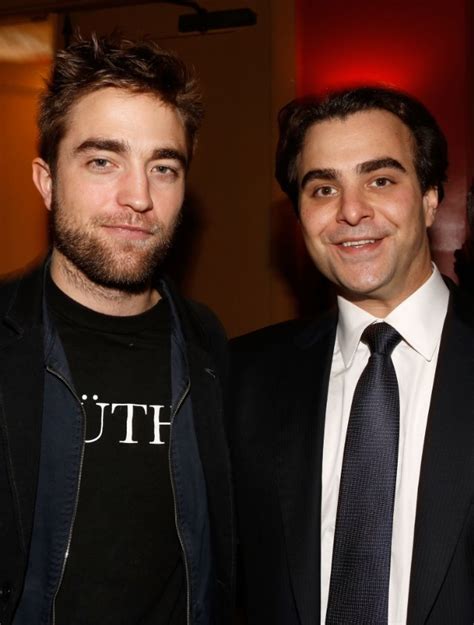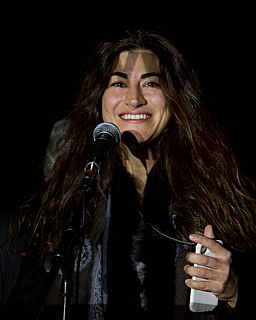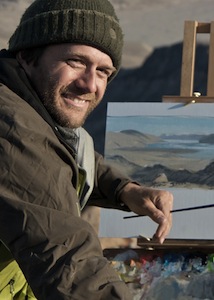A Quote by Brian Lindstrom
Documentary filmmaking has all the challenges and hardships of narrative filmmaking without any of the infrastructure or support. That's both a blessing and a curse.
Related Quotes
As the world of independent feature filmmaking became increasingly commercialized by the mid-1990s, there was also a parallel, much more positive development: a resurgence in documentary filmmaking, thanks in part to the advent of the cheaper, lighter digital format that helped to offset the daunting costs of pursuing political aims through film.
Narrative, fiction filmmaking is the culmination of several art forms: theater, art history, architecture. Whereas doc filmmaking is more pure cinema, like cinema verité is film in its purest form. You're taking random images and creating meaning out of random images, telling a story, getting meaning, capturing something that's real, that's really happening, and render this celluloid sculpture of this real thing. That's what really separates the power of doc filmmaking from fiction.
The Internet has been a blessing and a curse. The curse we know: A lot of people appropriating your intellectual property without paying for it. But I think it's important to realize the blessing of the Internet, which is that everybody has a voice and you can break through, even without a record company.


































